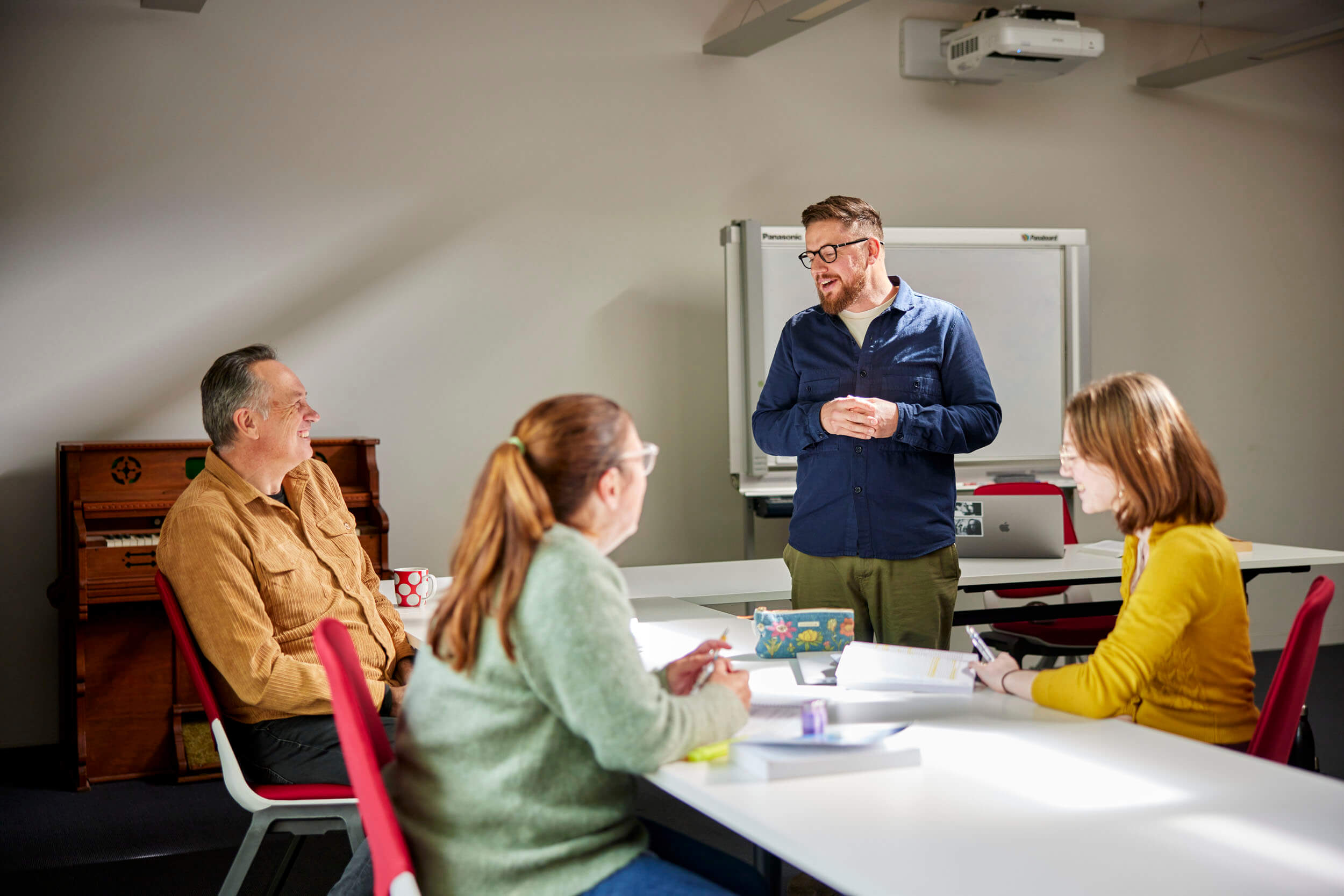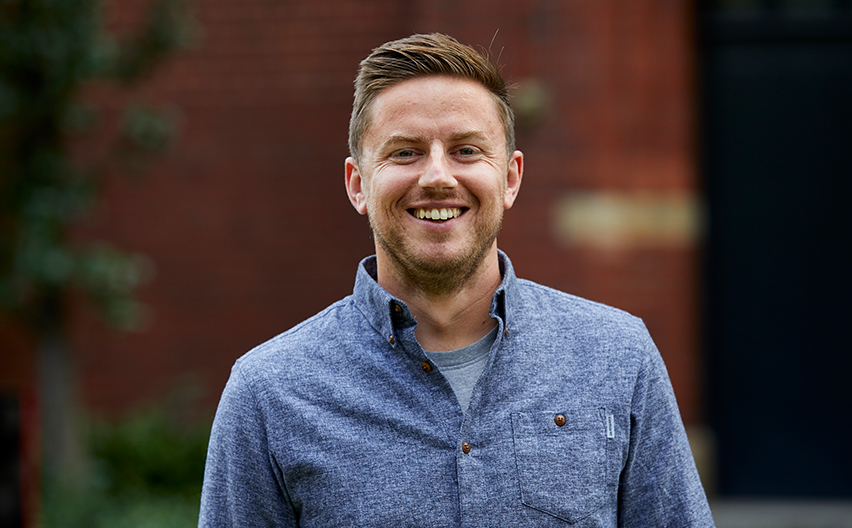

What are your areas of interest or specialisation?
My specialisation is in early twentieth and nineteenth century German language theology and philosophy, and I am particularly interested in the period between WWI and WWII called the Weimar Republic. I was drawn to this period in intellectual history because, prior to the expulsion of so many intellectuals from Germany after the Nazi regime, Germany was the centre of the European intellectual landscape. Many of the most important thinkers in this period are trying to come to grips with the rapid developments of modernity – the French and Russian Revolutions, the failed German Revolution, industrial revolutions, the creation of modern cities etc, in and through ancient religious categories.
There is something incredibly exhilarating about the period, as old concepts are re-rendered and seen in a new light. Philosophy and theology most of the time can’t change the future directly, but what we can do is change the past. We can read it differently, and so change the way we navigate action here and now.
What do you enjoy most about teaching at Trinity College?
I love my colleagues. They’re all fantastically interesting scholars and we get along so well that it creates this exciting mix of real intellectual stimulation and genuine friendship.
How would you describe Trinity’s theological community?
Trinity’s community is broad and diverse in the best sense. We don’t pretend theological differences don’t exist, but we try to see them as productive. Homogeneity makes theological conversation rather boring.
Current research projects
At the moment I’m writing a book on the end of what was called “the end of history” thesis. This was the idea that, after the fall of the Berlin Wall, some kind of global peace and stability had arrived in which the last major antagonism of history, between capitalism and communism, had been overcome. My work investigates some of the theological-political assumptions of this thesis and how it was formed, particularly after the end of the Austro-Hungarian empire.
I am engaging with a few of the key figures in the formation of the European Union, who I argue wanted to resurrect something like the Austro-Hungarian empire in order to restore peace to Europe after the wars. However, I am also working with several figures who were never quite at home in that European imperial consensus. This includes Franz Kafka, Franz Rosenzweig, Hannah Arendt and Walter Benjamin.
What’s your favourite TV show and why?
My favourite TV show is Mad Men. The reason I love it is that the main character, Don Draper, is a perfect rendition of what Freud called “death drive”. Don was a traumatised young boy who ran away to war and stole a dead man’s identity. He builds an entirely artificial life, predicated on a lie, and this slowly unravels. Crucially, Don is an ad man on Maddison Avenue in the 60s. He spends his life manufacturing the illusion of happiness.
What’s an interesting story from your travels you’d like to share?
In 2017 I spent a month in Berlin, writing, reading, and eating way too much. One of the best things to do in Berlin is visit the abandoned sites throughout the city. So much of the city, particularly in the east (the old GDR), is lying in ruins. Anyway, one day I packed my backpack and headed off to a place called “Spreepark”, an abandoned theme park. I found a hole in the fence, and spent a few hours, on the border of legality, wandering around this theme park full of rollercoasters covered in long grass, broken down Ferris wheels, and these eerie looking dinosaurs. I actually just found out the other day that the park is being revamped and turned into a big precinct for the arts. In one way, this is great. But in another I am a little sad that this ruin won’t be there for me next time.
What would make the world a more peaceful place?
I would like us to collectively re-think the form of the nation-state. Edward Said proposed something in his book Freud and the Non-European, which is that a shared history of exile might provide the basis of a different kind of polity in Israel-Palestine. I think he might be on to something that can extend beyond those borders.
What do you think it means to be a good person?
I think being a good person means recognising that you’re never who you think you are, that you might even be a stranger to yourself. Once we recognise that, I think we can begin to recognise the way we find that strangeness in others, and that it isn’t something to fear.

